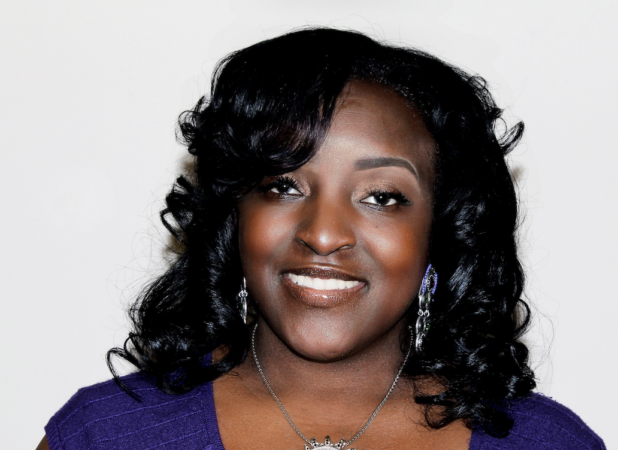In AfroTech’s recent report about streaming, Two Average Streamers shined a spotlight on what it really means to be women in esports — especially women of color in esports.
“As video game streaming has grown in popularity, so too has the frequency of online hate speech,” they wrote. “We’re now at a point where it’s a good stream if you don’t receive or encounter multiple variants of the N-word in your chat.”
While, certainly, stories like these exist in the gaming world, there are plenty more stories where women in esports are becoming bosses in their own right.
Take Letta J, an Afro-Latina woman who runs the Soho Gaming House in New York City. Recently, Letta was cited by Microsoft for her extraordinary work at the House during Women’s History Month.
But as both a minority woman in esports and a Grammy-nominated singer, Letta said that making gaming more social — and safe — for women like her was tantamount to everything else.
“By creating a space that creates solutions and networking opportunities, we offer women in esports a safe space,” she said to AfroTech exclusively. “In a male-dominated field such as ours, it’s important to create a solution, especially if the problem directly negatively affects you.”
Letta isn’t alone in creating a safe space for women in esports.
ESportsInsider recently made a splash when they revealed that the Misfits Gaming Group launched a “Women of Misfits” platform, with the aim of inspiring and helping women in the gaming field.
“The Women of Misfits platform includes a monthly speaker series with ‘industry leaders and visionaries’ which will be broadcast on MGG’s YouTube channel. Moderated by MGG executives, the sessions will focus on mentorship, development, networking, and advocacy,” they wrote, while adding that the group had earned some major clout by securing celebrity speakers and endorsees as legendary athlete Chris Evert and Maya Enista Smith, the Executive Director of the Born This Way Foundation.
But this need for continued “safe spaces” for women gamers — and women gamers of color — is something that’s echoed throughout the field. Two Average Gamers certainly advocated for it in another piece for AfroTech — “technology must play a larger part in proactively moderating the online world. Elon Musk is sending cars to Mars, but we still have a need for AI-based text filters that catch any and all permutations of hate speech.”
And another advocate for such a reform is Women Got Game Summit founder — and gaming champion — Keshia Walker, who experienced different levels of racism and marginalization throughout her gaming career, which began back in the 1980s.
For Walker, if Black women — especially — are to be a part of the esports world, it’s essential for them to know it’s a world that’s welcoming to them.
“You may be the only woman of color in the gaming room,” she said to AfroTech exclusively, “but it’s not always going to be this way. You need to stand your ground — you need to be firm — and you need to make sure no one disrespects you. You have just as much of a right to be there as everyone else, male or female.”
Editorial note: Portions of these interviews have been edited and condensed for clarity.


